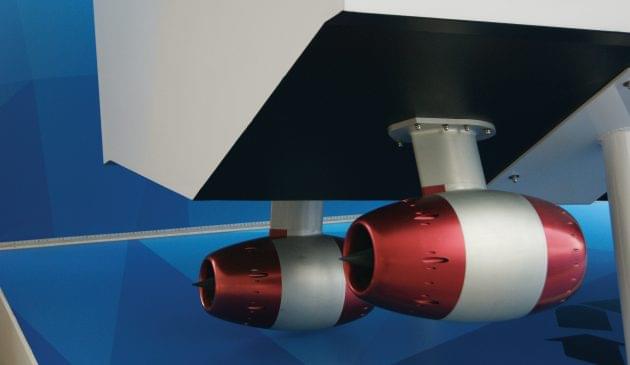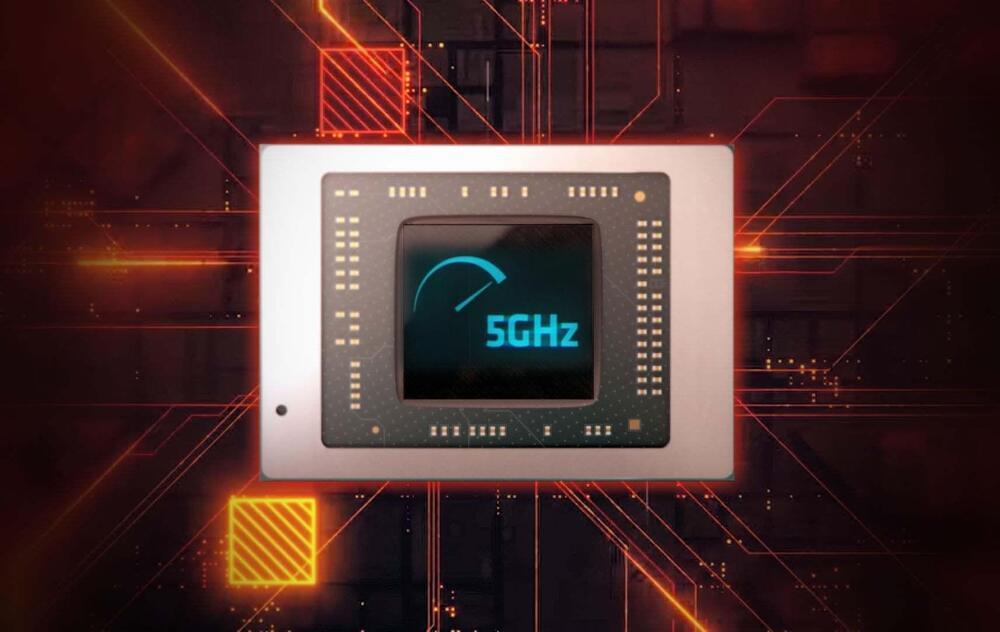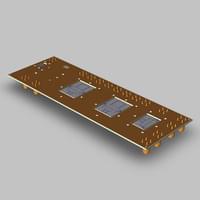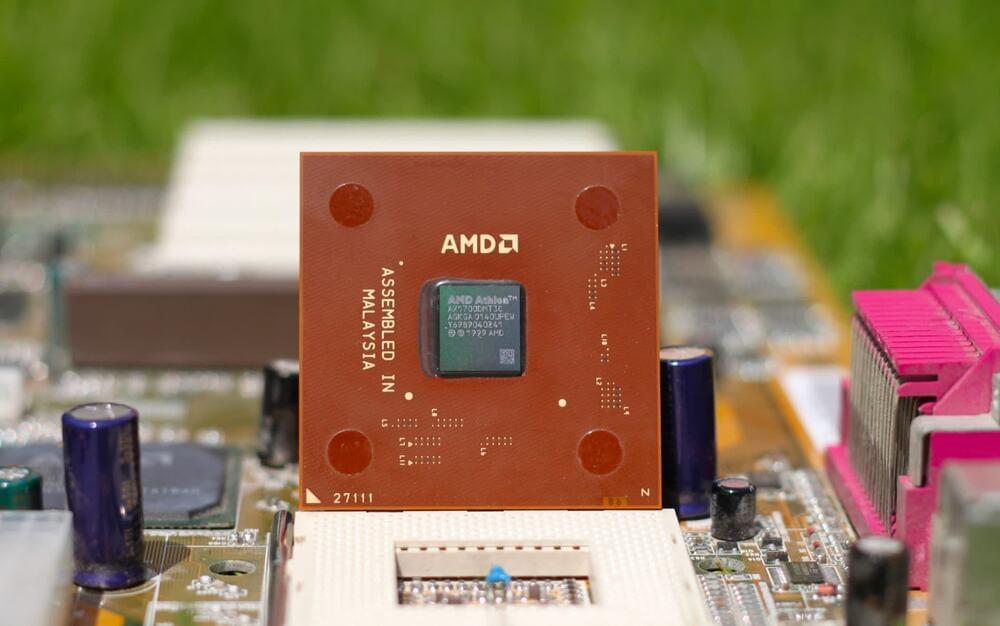😃
Using the world’s smallest computer, University of Michigan (UM) researchers were able to figure out why one species of snail was able to survive a situation that pushed more than 50 others into extinction.
“We were able to get data that nobody had been able to obtain,” researcher David Blaauw said in a press release. “And that’s because we had a tiny computing system that was small enough to stick on a snail.”
Unintended consequences: In 1974, scientists introduced the rosy wolf snail to the Society Islands, home to Tahiti, in the hopes it would help control the population of giant African land snails, which had become a major pest.








